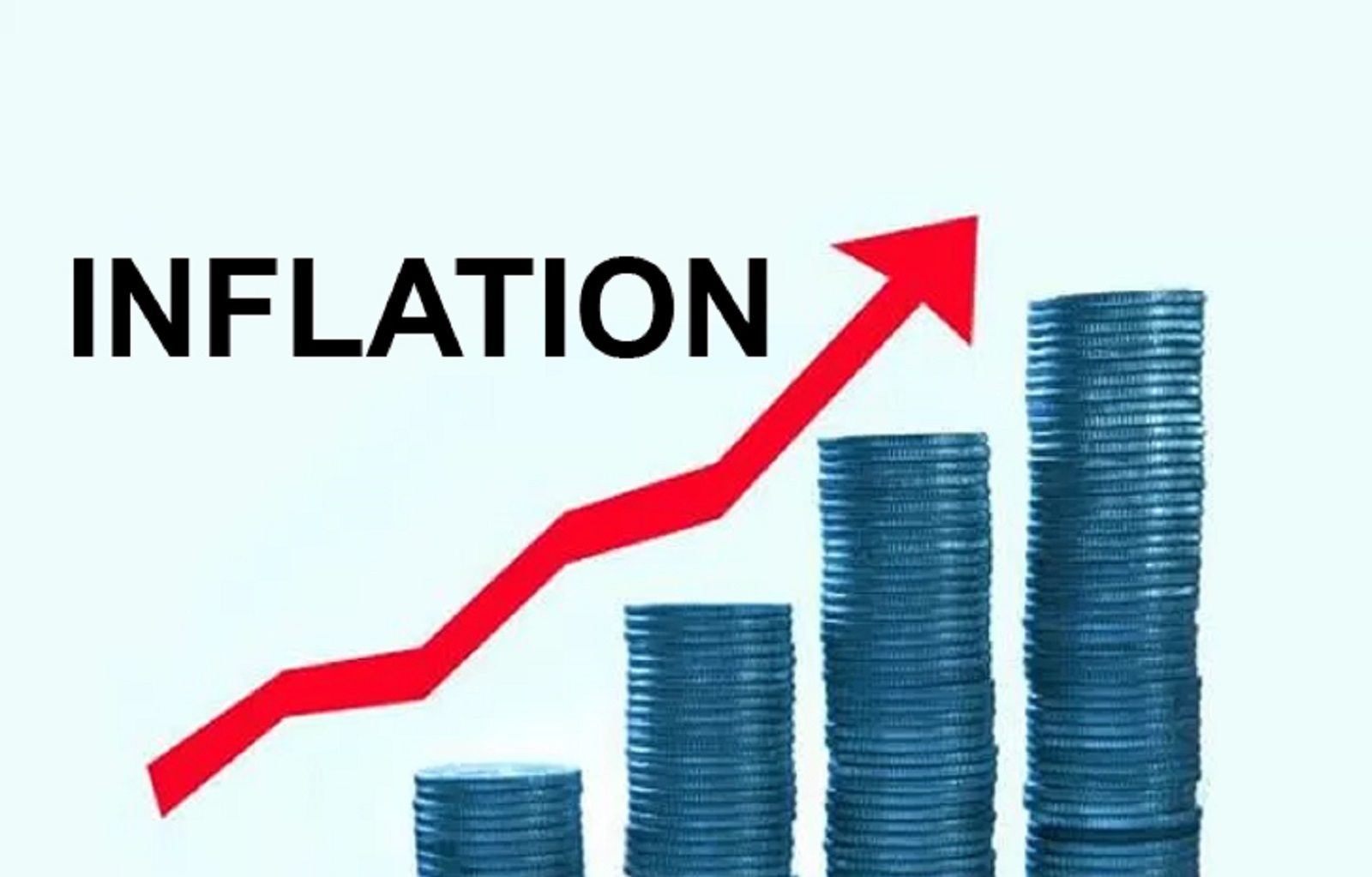Published
4 years agoon

The consumer price index, (CPI) which measures inflation increased by 12.82 per cent (year-on-year) in July 2020.
Also, this is 0.26 per cent points higher than the rate of 12.56 per cent recorded in June and the increase in the June was driven by rising prices across the Classification of Individual Consumption According to Purpose (COICOP).
On month-on-month basis, the Headline index increased by 1.25 per cent in July 2020. This is 0.04 per cent rate higher than the rate recorded in June 2020 (1.21) per cent.
The percentage change in the average composite CPI for the twelve months period ending July 2020 over the average of the CPI for the previous twelve months period was 12.05 per cent, representing a 0.15 per cent point increase from 11.90 percent recorded in June 2020.
The urban inflation rate increased by 13.40 per cent year-on-year in July 2020 from 13.18 per cent recorded in June 2020, while the rural inflation rate increased by 12.28 percent in July 2020 from 11.99 per cent in June 2020.
On a month-on-month basis, the urban index rose by 1.27 per cent in July 2020, up by 0.04 from 1.23 per cent recorded in June 2020, while the rural index also rose by 1.23 per cent in July 2020, up by 0.04 from the rate recorded in June at 1.19 per cent.
The corresponding twelve-month year-on-year average percentage change for the urban index was 12.66 per cent last month.
This is higher than 12.50 per cent reported in June 2020, while the corresponding rural inflation rate in July 2020 is 11.49 per cent compared to 11.36 per cent recorded in June 2020.
Food Index
The composite food index rose by 15.48 per cent in July 2020 compared to 15.18 per cent in June 2020.
This rise in the food index was caused by increases in prices of Bread and cereals, Potatoes, yam and other tubers, Meat, Fruits, Oils and fats, and Fish.
On month-on-month basis, the food sub-index increased by 1.52 per cent in July 2020, up by 0.04 per cent points from 1.48 per cent recorded in June 2020.
The average annual rate of change of the Food sub-index for the twelve-month period ending July 2020 over the previous twelve-month average was 14.63 per cent, 0.17 per cent points from the average annual rate of change recorded in June 2020 (14.46) per cent.
All Items Less Farm Produce
The “All items less farm produce” or Core inflation, which excludes the prices of volatile agricultural produce stood at 10.10 per cent in July 2020, down by 0.03 per cent when compared with 10.13 per cent recorded in June 2020.
On month-on-month basis, the core sub-index increased by 0.75 per cent in July 2020. This was down by 0.11 per cent when compared with 0.86 per cent recorded in June 2020.
The highest increases were recorded in prices of Medical services, Passenger transport by air, Pharmaceutical products, Hospital services, Passenger transport by road, Maintenance and repair of personal transport equipment, Paramedical services and Vehicle spare parts.
The average 12-month annual rate of change of the index was 9.48 per cent for the twelve-month period ending July 2020; this is 0.11 per cent points higher than 9.37 per cent recorded in June 2020.
State Profiles
In analysing price movements under this section, note that the CPI is weighted by consumption expenditure patterns which differ across states.
Accordingly, the weight assigned to a particular food or non-food item may differ from state to state making interstate comparisons of consumption basket inadvisable and potentially misleading.
All Items Inflation
In July 2020, all items inflation on year on year basis was highest in Bauchi (16.10%), Kogi (15.90%) and Sokoto and Plateau (15.20%), while Lagos (10.70%), Adamawa (10.60%) and Kwara (10.50%) recorded the slowest rise in headline Year on Year inflation.
On month on month basis however, July 2020 all items inflation was highest in Kogi (2.85%), Zamfara (2.44%) and Yobe (2.35%), while Ondo (0.67%), Adamawa (0.63%) and Ogun and Imo (0.62%) recorded the slowest rise in headline month on month inflation.
Food Inflation
In July 2020, food inflation on a year on year basis was highest in Kogi (20.09%), Sokoto (19.28%) and Plateau (18.05%), while Adamawa (13.37%), Abia (13.33%) and Lagos (13.13%) recorded the slowest rise.
On month on month basis however, July 2020 food inflation was highest in Zamfara (3.40%), Kogi (3.32%) and Yobe (3.00%), while Niger and Ogun (0.44%), Lagos (0.41%) with Adamawa recording price deflation or negative inflation (general decrease in the general price level of food or a negative food inflation rate).














